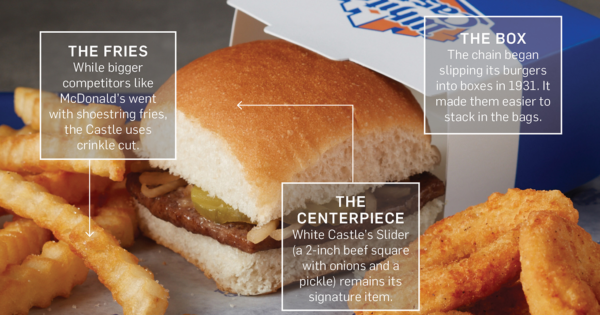Heineken faces scrutiny over slow exit from Russia
Local operating company must sell beer to remain solvent, company says, as #BoycottHeineken spreads on social media.

Heineken became a center of online fury and boycott threats this week, after stories circulated that the beer brand had not departed Russia as promised following the start of the Russia-Ukraine war.
The #BoycottHeineken movement prompted the Dutch brewer to issue a statement clarifying that the company’s Russian division was doing business independently only while Heineken seeks a buyer for it. The company aims to be out of Russia by mid-2023 and expects to take an estimated loss of 300 million Euros, or about $316 million U.S., while doing so.
Around 16,800 tweets carried the #BoycottHeineken hashtag as of Friday afternoon.
“We’re working hard to transfer our business to a viable buyer in very challenging circumstances and we expect at a significant financial loss to the company, amounting to around 300 million Euros,” Heineken's statement read. “In the meantime, our local colleagues at Heineken Russia are doing what they can to keep the business going, after fully delisting the Heineken brand, to avoid nationalization and ensure their livelihoods are not at risk.”
The scrutiny was reportedly fanned by a Dutch website called Follow the Money, which reported that Heineken's Russian business introduced 61 new products including versions of its Amstel brand over the last year.
Heineken acknowledged its local operating company was trading in Amstel and other beers as a means to stay solvent. “Without Amstel, the business would most likely have gone bankrupt and there was a real risk that it would be nationalized," the company said. It emphasized there has been no transfer of funds, royalties, or dividends between the units. Its namesake Heineken and licensed Guinness and Miller beers have been pulled from the market.
Heineken said it stopped new investments in Russia in early March 2022 and became the first global brewer to announce plans to leave Russia later that month. The slow withdrawal reflects the “very real risk that if we were to stop our operations or become insolvent, the Russian Government would take action against employees or decide to nationalize our business,” the company said.
International rival Anheuser-Busch InBev sold its Russian business at a $1.1 billion loss last April.
The news came as it was revealed in financial filings that billionaire Bill Gates had bought a 3.76% share in Heineken for about $939 million.

 Hollif
Hollif 
































